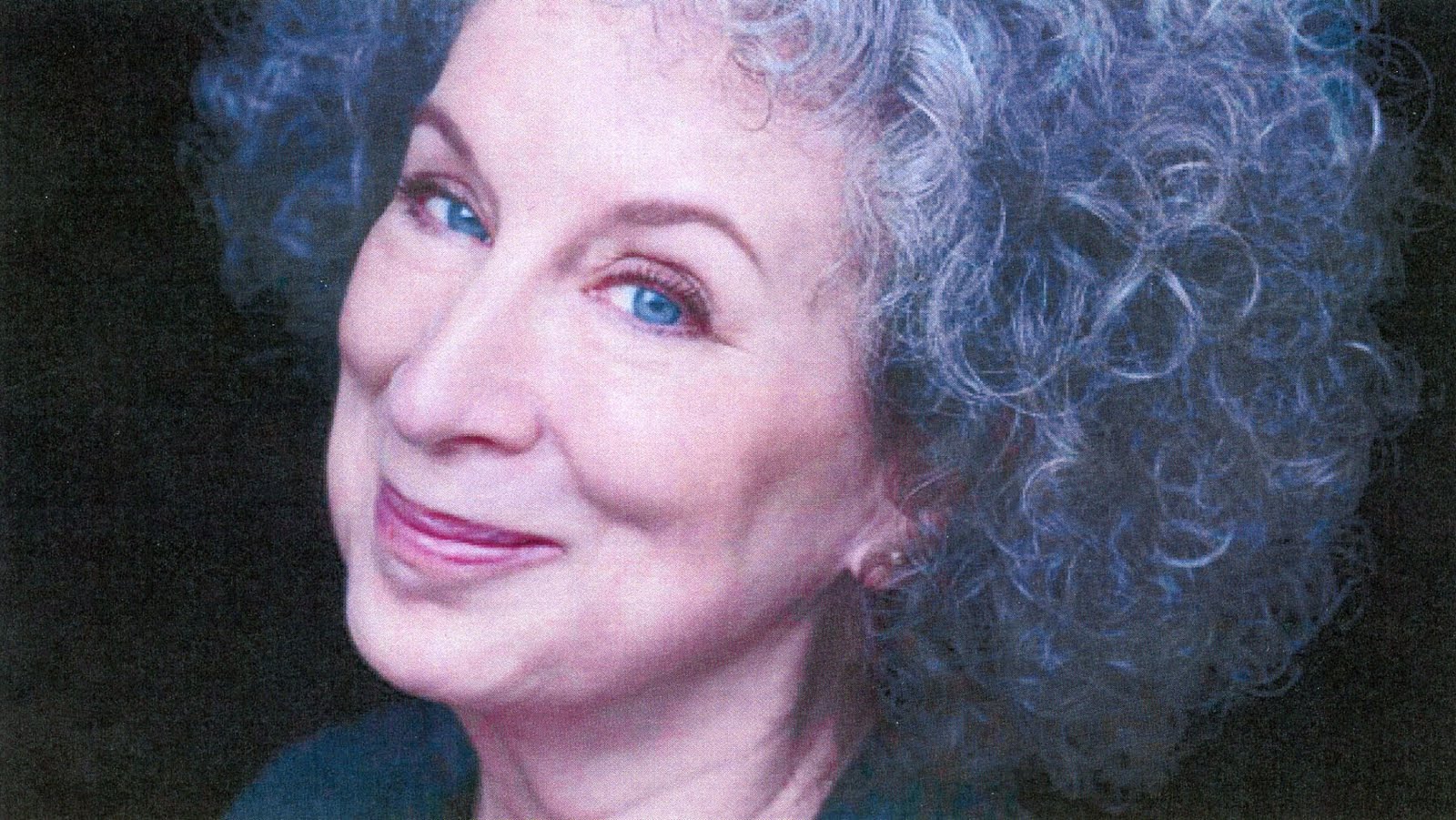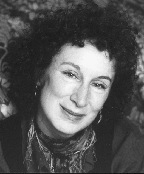There’s a moment in Margaret Atwood’s The Blind Assassin, when the narrator refers to radio as “the four-square beat of heartbreak.” The metaphor’s apt to the character describing it, seeing as how, early in life, she’s experienced a monstrous marriage at a young age. Innocence and pathos, in situ, lost to a scoundrel. The implication is that the emotional shrapnel is buried far beneath the flesh, the damage so insurmountable that even the simple joys are easily recognizable for their artifices. Happiness can no longer be gained or guaranteed. The world’s workings lie exposed, spewing out like oil leaking from a car. It gets our hands grimy. Best to avoid it.
There’s more being codified here than how love reduces us to giggly, internal histrionics, and how radio ballads (the genuine ones from Patsy Cline or John Prine or Janis Joplin, not the treacly messages buried beneath horribly sequenced, aural pillaging from Elton John, Phil Collins or Sting) can, in this delicate state, reduce us to tears, or touch some heartbreak permeating beyond our careful fortifications, the protective walls we build over the years. The music , perhaps, reverts us to a childlike flurry. In some way, it involves an inexplicable surrender that helps us cope. Even if the methodology is less than enviable.
For some people, the “four-square beat” may be all they have. Or it might serve as a way to progress forward. Not nearly as nefarious as television, which only serves to stave off loneliness. But is radio harmful? Or cathartic? I think of how the human spirit, even within the most indomitable individuals, is capable of reducing itself to a woeful, spongy morass. A good thing, because it allows us to feel, helping us grope against the slime, climb out of the cesspool, knocking upon our own portcullis, gaining entry, carefully cataloging our emotions once again, placing the fallen visceral leaves back onto the delicate branches of our all-too-human hearts. A bad thing, because as we’re recollecting, we’re so open to being used, exploited, or damaged by deliberately harmful persons. Or, optimistically speaking, sometimes running unexpectedly into a kind soul, a presence not necessarily there as a crutch, but as a helping hand. I’ve been in this place many times in my life, although I generally keep such reconstructions to myself, for fear of falling prey to the demon with an outstretched hand. It could be paranoid self-preservation, having been burned so many times, and remarkably forgiving towards parties that have wronged me. But I wonder if it’s all as much of a deadly game as Atwood seems to imply. All the same, the process involves trying to understand just why all the veins are twisting, congealing, and then pumping in an entirely new configuration, hopefully representing some improvement over the last one.
Do we play music to help us rebuild? Why do we willingly surrender ourselves to the “soft rock” whims of a DJ spinning his medication from a playlist created and approved by an inchoate corporate entity? Why is there such a positive association between driving solo on a highway and listening to some random tune, whether compiled by DJ or mix tape? The sensation, the notes, the drumbeat, the bass line, the jangly guitars — it all burrows its way into our ears, trancing our inner determination or feeding a flight. But is this a constructive game? Or something intended for a six year old’s recess period?
I realize the voice that posited this metaphor is bitter. But, despite my chronic skepticism, I could never ever become this bitter. If coping’s a game to be avoided, if a lowbrow avenue that momentarily assists us is declasse, if one cannot stoop beneath from time to time (if it helps) and must remain in permanent isolation from the joys of life, then what’s the point of existence?

 In the Margaret Atwood universe, not even an innocent cookie is safe.
In the Margaret Atwood universe, not even an innocent cookie is safe.